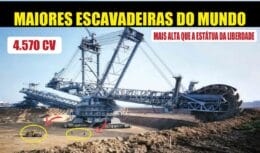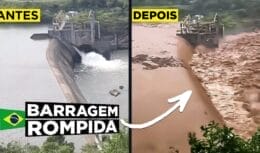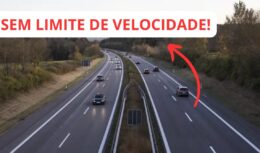
President Lula's decision to veto the law that would end the risk premium aims to guarantee the safety of drivers working in the cargo transport sector.
President Luiz Inácio Lula da Silva, (PT), took an important decision last Friday, (03/11), by vetoing a law that would directly impact drivers transporting cargo and passengers. The law, approved by a Senate committee in early October, aimed to cut the hazard pay for drivers who use vehicles with extra tanks to Services of fuels. The justification for this veto was published in the Official Gazette of the Union.
Additional hazard pay for truck drivers: the implications of the presidential decision
The vetoed text sought to change the CLT (Consolidation of Labor Laws) and, more specifically, the part that deals with the hazard pay for certain activities.
One of the situations mentioned in the law is when workers are exposed to flammable, explosive and the energy electrical.
However, the law made an important observation: this additional fee would not apply if the vehicles had extra fuel tanks certified by the competent body.
Although the project addressed several situations, it generated controversy, especially among freight transport drivers.
This was due to the fact that some vehicles use extra fuel tanks to increase autonomy.
In recent decisions, the Labor Court had recognized that extra tanks with a capacity of more than 200 liters exposed drivers to risky situations, resulting in the payment of hazard pay.
The law approved by Congress aimed to end this possibility.
Lula points out the lack of objective criteria in the vetoed legislation
President Lula, when justifying the veto, pointed out that the law lacked objective “criteria and parameters” to determine when the presence of flammable in specific quantities it would be considered dangerous.
In his words, “the legislative proposal goes against the public interest, as it would establish, in law, hypotheses of de-characterization of the dangerousness of activities and operations without indicating, in an objective manner, criteria and parameters for the quantities of flammable liquids or liquefied gases that may be transported in a way that guarantees the protection and safety of workers in the cargo and passenger transport sector, in violation of labor legislation.”
With information from Chamber of Deputies.












